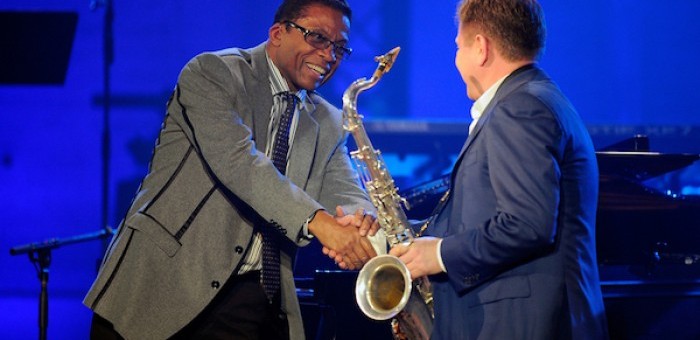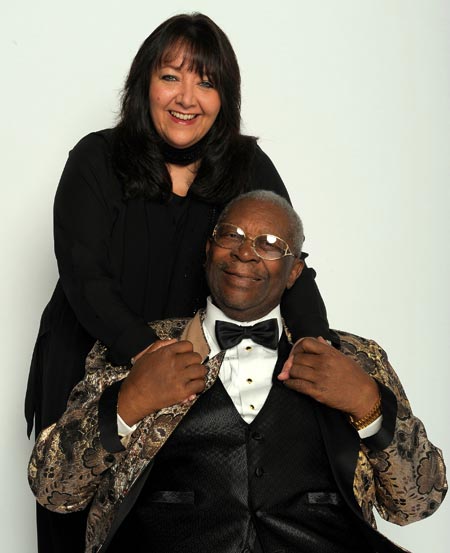

Read moreĪdmitted to Peter Stuyvesant, one of the city’s best high schools, Monk dropped out at the end of his sophomore year to pursue music and around 1935 took a job as a pianist for a traveling evangelist and faith healer. By his early teens, he was playing rent parties, sitting in on organ and piano at a local Baptist church, and was reputed to have won several “amateur hour” competitions at the Apollo Theater. He was about nine when Marion’s piano teacher took Thelonious on as a student. He studied the trumpet briefly but began exploring the piano at age nine.

Young Monk turned out to be a musical prodigy in addition to a good student and a fine athlete.

During his stay, however, he often played the harmonica, ‘Jew’s harp,” and piano-all of which probably influenced his son’s unyielding musical interests. His father, Thelonious, Sr., joined the family three years later, but health considerations forced him to return to North Carolina. Unlike other Southern migrants who headed straight to Harlem, the Monks settled on West 63rd Street in the “San Juan Hill” neighborhood of Manhattan, near the Hudson River. At the same time, his commitment to originality in all aspects of life-in fashion, in his creative use of language and economy of words, in his biting humor, even in the way he danced away from the piano-has led fans and detractors alike to call him “eccentric,” “mad” or even “taciturn.” Consequently, Monk has become perhaps the most talked about and least understood artist in the history of jazz.īorn on October 10, 1917, in Rocky Mount, North Carolina, Thelonious was only four when his mother and his two siblings, Marion and Thomas, moved to New York City. Johnson and Willie “the Lion” Smith to the tonal freedom and kinetics of the “avant garde.” And he shares with Edward “Duke” Ellington the distinction of being one of the century’s greatest American composers. His musical vision was both ahead of its time and deeply rooted in tradition, spanning the entire history of the music from the “stride” masters of James P. Recognized as one of the most inventive pianists of any musical genre, Monk achieved a startlingly original sound that even his most devoted followers have been unable to successfully imitate.

With the arrival Thelonious Sphere Monk, modern music- let alone modern culture-simply hasn’t been the same.


 0 kommentar(er)
0 kommentar(er)
